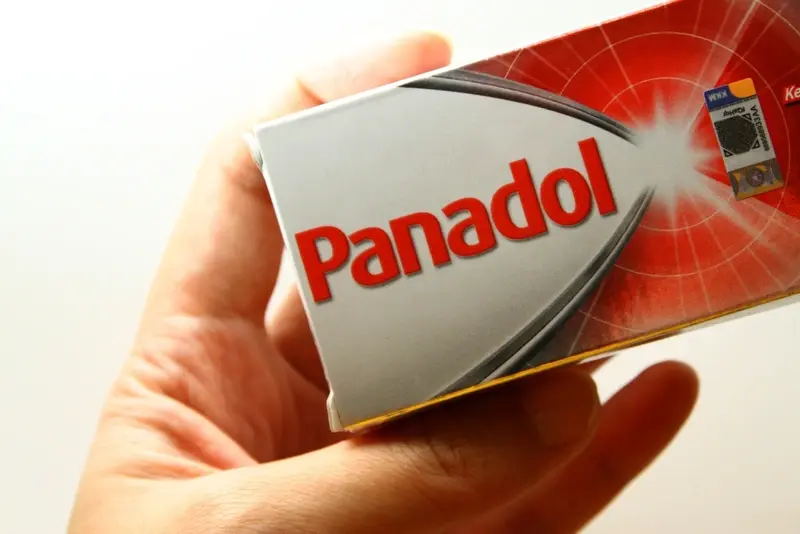
- Pre-tax profits flat despite price increases
- But Haleon’s debt reducing faster than expected
- Consumer health giant issues positive outlook for 2023
Shares in Haleon (HLN) cheapened 3.9% to 313.9p despite robust maiden full year results as a standalone entity following last July’s spin-out from GSK (GSK), a demerger that created the first listed company 100% focused on consumer health with enviable headache tablet and toothpaste brands such as Panadol, Sensodyne and Advil.
Haleon’s results for the year to December 2022 revealed healthy 13.8% sales growth to almost £10.9 billion, but pre-tax profits fell 1.1% to £1.62 billion after a rise in the indebted company’s finance costs.
Investors are also concerned about the risk to earnings from downtrading, as the cost-of-living crisis could force price-sensitive shoppers to switch to cheaper supermarket own-label alternatives to Haleon’s pricier consumer brands.
IN RUDE HEALTH
Haleon delivered forecast-beating organic growth of 9% for 2022 driven by price increases of 4.3% and robust volume growth of 4.7%, with sales of Panadol, Advil and Theraflu boosted by a prolonged cold and flu season.
The FTSE 100 powerhouse also issued a pretty upbeat outlook for 2023, forecasting organic sales growth of 4% to 6%, although the group’s adjusted operating margin is expected to be ‘broadly flat’ due to ‘adverse’ foreign exchange swings.
Free cash flow of £1.6 billion in the year enabled Haleon to pare net debt from £10.7 billion at the time of July’s demerger to £9.9 billion and declare a full year dividend of 2.4p.
That payout represents roughly 30% of Haleon’s adjusted earnings for the period since the summer listing which unusually, followed a £50 billion takeover bid from Unilever (ULVR).
CONSUMERS SWALLOW PRICE RISES, FOR NOW
In common with the likes of Reckitt Benckiser (RKT) and Unilever, Haleon has had to raise prices to offset inflationary pressures, but it can’t risk hiking prices too much or else hard-pressed shoppers will turn to cheaper products.
CEO Brian McNamara insisted Haleon had delivered ‘a strong performance whilst navigating a highly volatile environment. Our organic revenue growth of 9% was well balanced between volume and price, with two thirds of the business gaining or holding share. This performance reflected the quality of our portfolio of category leading brands, successful innovation, and excellent execution in market.’
McNamara added: ‘Our agility across the business resulted in adjusted operating profit growth of 5.9% constant currency despite significant inflation, standalone costs and adverse transactional FX.’
He continued: ‘Strong free cash flow generation of £1.6 billion enabled us to de-lever and provides us with increased confidence in reducing debt faster than originally expected.’
Besides the welcome debt reduction update, there was extra relief for shareholders as Haleon said it has now settled the vast majority of personal injury claims pending against the company related to recalled heartburn drug Zantac.





